Post
A catch
Save a catch to start your fishing logbook. You will be able to to share it with the community if yo want!
A fishing trip
Post an ad to go fishing with other fishermen
Save a catch to start your fishing logbook. You will be able to to share it with the community if yo want!
Post an ad to go fishing with other fishermen
Share a thought, a question with the community
My favorite cities
×Join our 95 fishermen in Braemore in Highland. The fishing forecast is currently 3.3. The most caught fishes here are the wrasse fish , the coalfish, the smoothhound fish and the pollack fish. Come try the most famous fishing techniques like the tips on material for squid jigging, surfcasting fishing for sea bream, trap fishing for lobster or tips on material for bream fishing with soft lure.
Our fishing forecast of Braemore indicates the best time to go fishing in this city.
The Wrasse fish
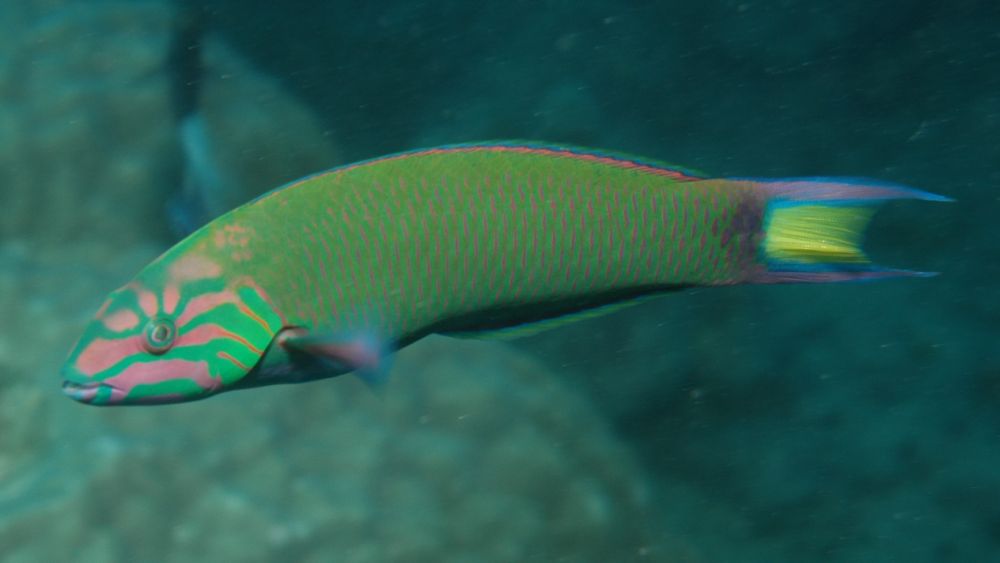
The Wrasse fish belongs to the Labridae family. Labridaes are marine fish, the Wrasse of the Labridae family, in the order of Perciformes. The family is large and diverse, with about 500 species of fish generally very colourful, grouped into 60 genera. The large number of species of wrasse offers an incredible diversity of colors, shapes and sizes with possible geographical variations between some individuals of the same species. In addition, like parrot fish, many livers evolve over the course of their lives according to their maturity and their position within the group. These evolutions can be considered in different phases (juvenile, intermediate or initial and terminal) at each of them, morphological modifications (size, shape and color) take place. All these variations in livery during the existence of a wrasse make it particularly difficult to identify between species, the risk of confusion is great and this even for specialists. During the juvenile phase, the dominant colors can vary from bright yellow to orange, as well as dull colors such as grey and brown with camouflage patterns. In the intermediate or initial phase, the wrasse is both male and female, adult but subordinate to the dominant individuals and therefore smaller with dull colors and cryptic patterns. However, in the terminal phase, depending on the species, fish can change sex, size and livery. The latter becomes a distinctive visual element within the group and is very colorful with red, yellow, gree
The Wrasse fish is a famous fish you can catch in Braemore.The Coalfish
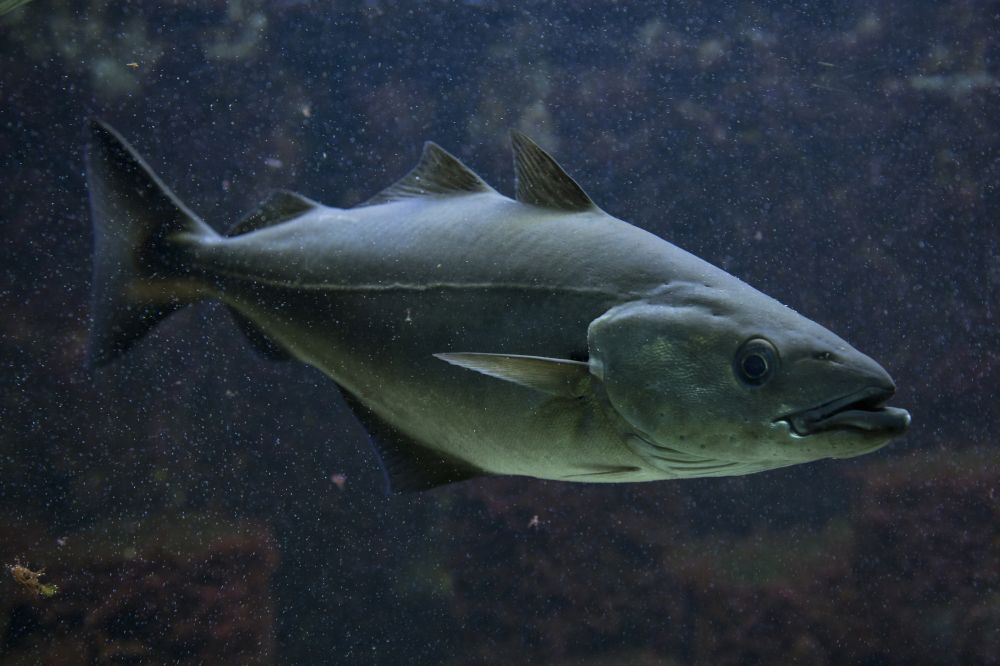
The Coalfish belongs to the Gadidae family. With a size of up to 1.30 m, the coalfish can weigh up to 10 kg. It has a life span of 8 to 10 years. The breeding period varies according to the location. The female lays up to 4 million eggs. It can be fished all year round but at a minimum catch size of 61 cm. Its body is fusiform and elongated, covered with small round scales. In profile, the lower jaw is slightly prominent. The back is greenish brown; the belly is silvery. The clear and almost straight lateral line is well marked. It extends along the entire length of its sides. There may also be a black spot at the base of the pectoral fins. The mouth is terminal. She's black on the inside. The fins are soft-raked. They are dark like the back of a fish, except for the lighter pelvic fins. The coalfish has 3 dorsal fins, the first being triangular, the others longer, and 2 anal fins. The pelvic fins are positioned well forward, under the head, and the caudal fin is a little concave. Young people may have a small barbel on their chin.
The Coalfish is a famous fish you can catch in Braemore.The Smoothhound fish
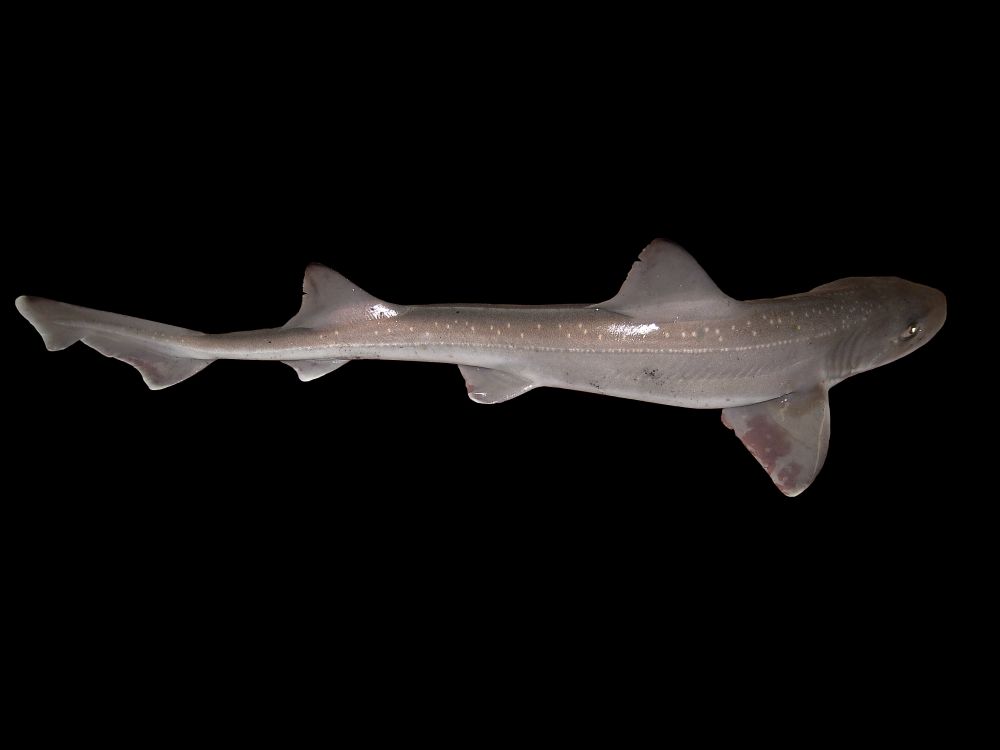
The Smoothhound fish belongs to the Triakidae family. In exceptional cases, the emissole can reach a length of 160 cm, but it is common between 60 and 120 cm. He can live for about twenty years. Breeding takes place between June and March. The female can give birth to 10 or 20 young. It is mainly fished in the summer. The Smoothhound fish is a cartilaginous fish (the skeleton is composed of cartilage elements) of medium size. The body is elongated and tapered. The head is compressed in the upper part and the muzzle is long and rounded. The mouth, located at the bottom, is oblique and equipped with a series of small and low teeth, which may be less rounded in young people. The nostrils, in a ventral position, have a large opening, and are closer to the mouth than to the top of the muzzle. The eyes are small, round in young subjects, and horizontal oblong pupil (typical of deep-sea species) in adults. On the muzzle, there are sensory organs for depth detection (hydrostatic). Next to the terminal part of the head, there are five gill cracks. A subtle but distinct fold of the skin is found along the back, from the tail to the gill cracks. The skin (shagreen skin) is almost smooth. The dorsal fins are two, triangular in shape, the second is slightly smaller than the first. The pectoral muscles have a rounded and slightly concave inner top. The caudal fin has two non-symmetrical lobes (the upper part more developed). The anal fin is present. The colouring of the back and sides ar
The Smoothhound fish is a famous fish you can catch in Braemore.The Pollack fish
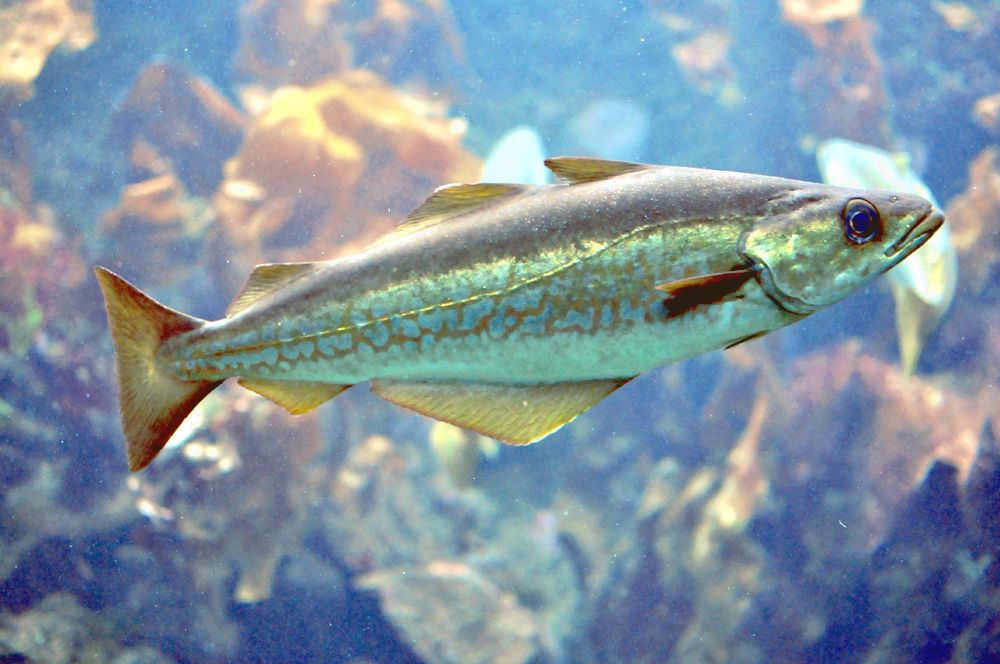
The Pollack fish belongs to the Gadidae family. Its size can reach 1.40 m for an average of 60 to 80 cm. The Pollack grows very quickly and lives between 8 and 10 years, while most pelagic fish have a lifespan of more than 20 years. Reproduction takes place in February March. Fertility can reach 4 million eggs. It can be fished all year round. Elongated body, covered with small scales, orange-yellow color, darker on the back, marbled in young individuals, bright yellowish white in adults. Prominent lower jaw, big eye. The dark-colored lateral line is curved at the pectoral fins, which makes it easily distinguishable from the black locus (Pollachius virens) in which it is straight. The Pollack, like many Gadidae, has three clearly triangular dorsal fins and two anal fins. It is one of the few Gadidae that does not have chin barbells. Juveniles are rather reddish brown with longitudinal stripes of blue-grey.
The Pollack fish is a famous fish you can catch in Braemore.The Mullet fish
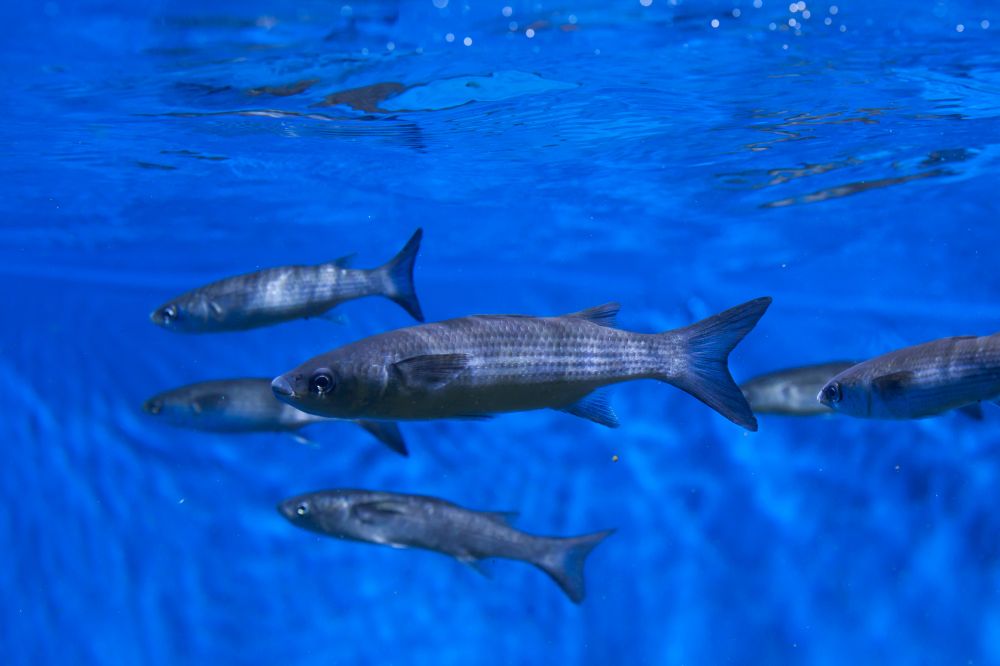
The Mullet fish belongs to the Mugilidae family. It can measure up to 75 cm and weigh 2.5 kg. A 16-year-old individual holds the observed longevity record. Breeding generally takes place from July to October. The female can lay up to 2.6 million eggs. It is fished from April to August. The mullet has an elongated body of about 35-50 cm or even 70 cm, with an oval cross-section and a robust appearance. Its color is generally silvery grey, bluish (sometimes more or less white, olive or brown), lightening on the sides and light belly. Sometimes grey longitudinal lines and golden reflections are present on the dorsal part. The lateral line is rarely visible. A small black spot is often present in the armpits of the pectoral muscles. The flattened head is wide, fat eyelids are well developed (but not always visible underwater because of their transparency) and protect the eyes near the snout. Its mouth has straight, dense and thin teeth, usually in several rows. The commissure ends below the posterior level of the nostril. Its upper lip is thin and smooth. It has two dorsal fins: the first with four spines and the second with 8-9 soft rays. The yellowish anal fin has 8 soft rays and 3 spines; pectoral fins have 16-19 rays; the pectoral axillary scale is well developed and about one-third the length of the fin. The ventral, anal and lower lobe of the caudal fins are sometimes yellow (but not necessarily yellow). The scales, arranged in lateral series (36-45), are cycloid (smooth
The Mullet fish is a famous fish you can catch in Braemore.Our fishing forecast of Braemore indicates the best time to go fishing in this city.
Our fishing forecast of Braemore indicates the best time to go fishing in this city.
Our fishing forecast of Braemore indicates the best time to go fishing in this city.
